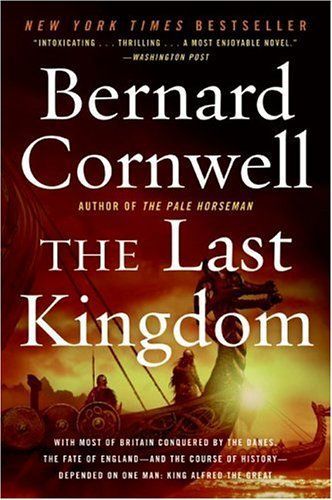Reviews
Luke Harkness@lukesblog1
Wynter@wynter
Colleen@mirificmoxie
Melody Izard@mizard
Elli@ellipalmer
Kaycee Castleman@kayceecastleman
window@window
Lucas Coelho@coelholucas
Noah Cross@noahwcross
Claire @claryfray
Sara @moonchild9x
Amanda Marie Nguyen@withamandamarie
Ben S@beseku
Ellen Sjögren @ellen1
Alan@alancph
Donna Roucoulet @packratmom
Kate Lillie@lilliek1
Gabriel Ayuso@gabrielayuso
Vilandra@vilandra
Alecz Hansen@bumble_reads
Emma Fitzgerald @emmajanefitz
sansa-alayne @sansaist
Ryan McDowell@mcdenk
Dean Sas@dsas
